GorillaHead
Member
Reading about how hypoxia and cancers has got me interested in ways to avoid oxygen deprivation to the tissues. What are ways or nutrients that essential to avoiding lack of oxygen which in turn reprograms mitochondria ?
Follow along with the video below to see how to install our site as a web app on your home screen.
Note: This feature may not be available in some browsers.
Click Here if you want to upgrade your account
If you were able to post but cannot do so now, send an email to admin at raypeatforum dot com and include your username and we will fix that right up for you.
The association of adrenaline and EPO with both edema elimination (Fig. 2) and improved cellular oxygenation raises the question of whether edema elimination and improved cellular oxygenation are causally linked. This question is apparently of paramount therapeutic importance.
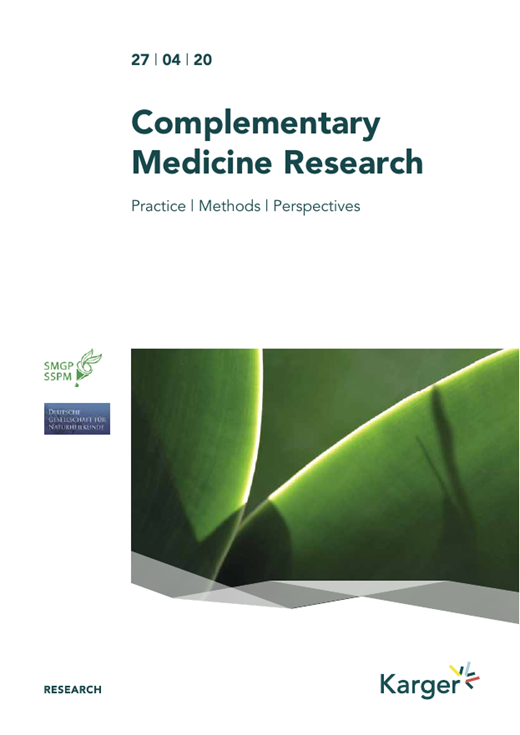
Interesting. very interesting. I know personally when I supplemented iron once I would get dehydrated easily
Dry Fasting Physiology: Responses to Hypovolemia and Hypertonicity
Abstract. Objective: The aim of this study was to provide a deeper insight into dry fasting (DF) physiology. Design: Ten participants performed DF for 5 consecutive days. Methods: The following parameters were monitored daily: cortisol, aldosterone, high-sensitivity C-reactive protein (CRP)...www.karger.com
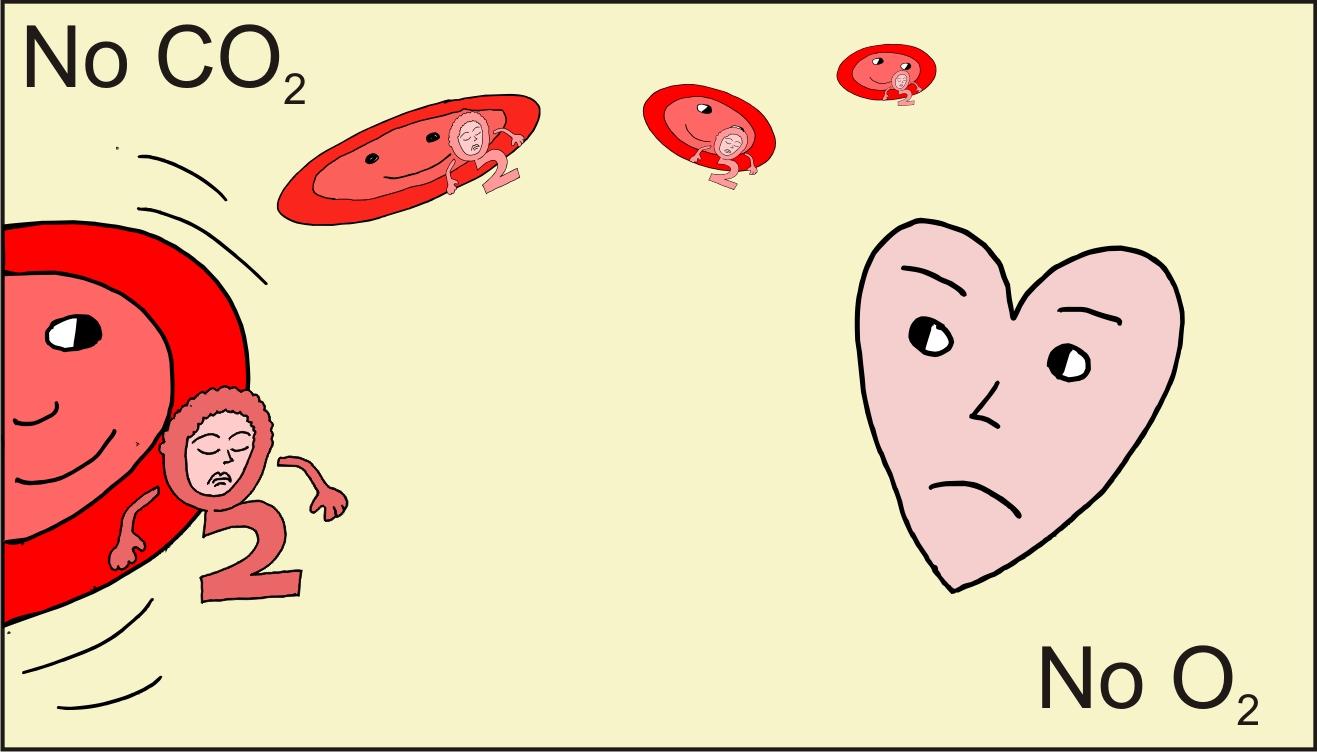
For your consideration:Reading about how hypoxia and cancers has got me interested in ways to avoid oxygen deprivation to the tissues. What are ways or nutrients that essential to avoiding lack of oxygen which in turn reprograms mitochondria ?

 www.hormonesmatter.com
www.hormonesmatter.com

 www.hormonesmatter.com
www.hormonesmatter.com

NiceFor your consideration:

Quick Thoughts: Thiamine, Hypoxia, and Bowel Function - Hormones Matter
The same proteins that are upregulated with insufficient thiamine, also downregulate the very nutrient required to resolve the hypoxia.www.hormonesmatter.com

Dysautonomia and Hypoxia - Hormones Matter
Is thiamine deficiency and the resultant hypoxia involved in the myriad of autonomically controlled systems currently labeled dysautonomia?www.hormonesmatter.com
"...mild to moderate TD results in pseudo hypoxia in the limbic system and brainstem...."
Thiamine and magnesium deficiencies: keys to disease - PubMed
Thiamine deficiency (TD) is accepted as the cause of beriberi because of its action in the metabolism of simple carbohydrates, mainly as the rate limiting cofactor for the dehydrogenases of pyruvate and alpha-ketoglutarate, both being critical to the action of the citric acid cycle...pubmed.ncbi.nlm.nih.gov
Or bag breathing.Increasing co2 retention by doing reduced breathing (buteyko) or using frolov device.

Bohr Effect Oxygen Release Explained in 5 Min : Healthy vs. Sick People
Bohr Effect Oxygen Release Explained: Healthy vs. Sick People : Oxygen release by hemoglobin in red blood cells is caused by CO2: graph-diagram for Bohr effect for dummieswww.normalbreathing.com
Consider this possible connection:On the basis of these data cell over hydration was suggested as a primary messenger in carcinogenesis [
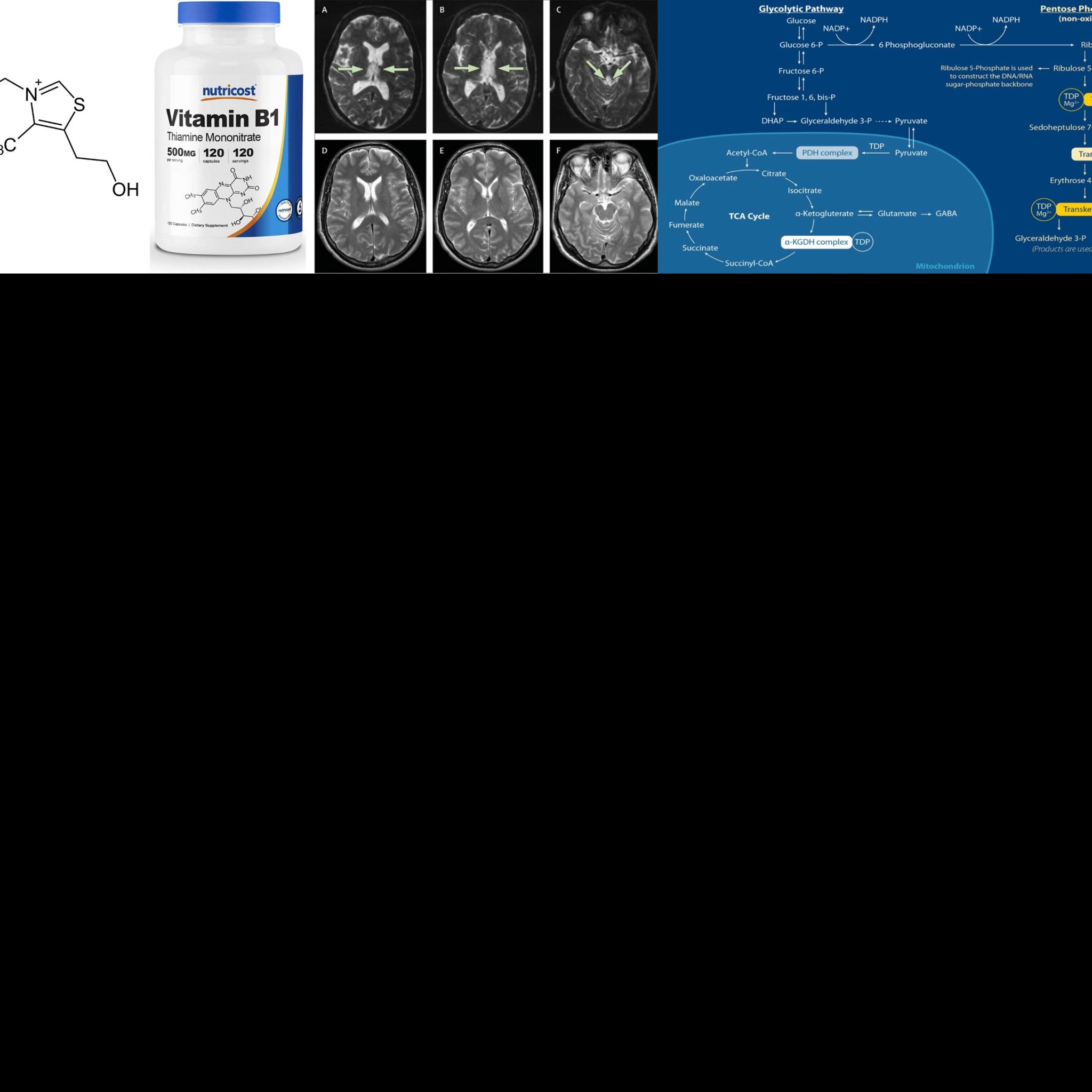
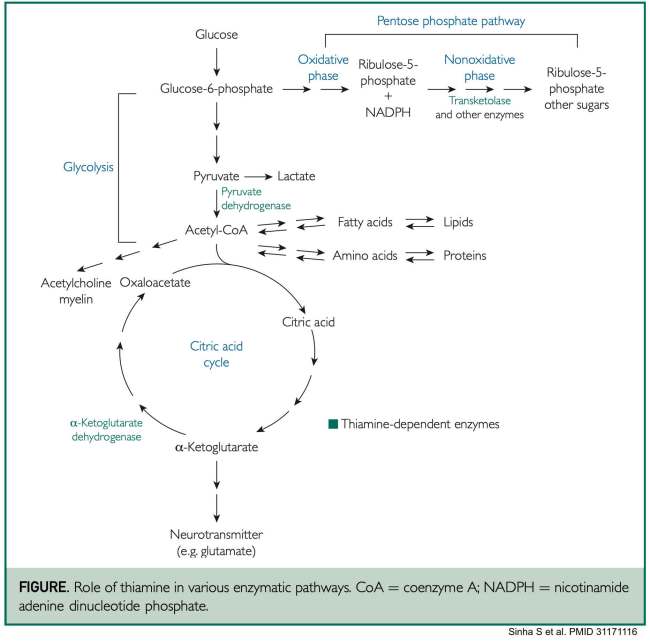



Interesting. Would you know what was the actual low dose of thiamine which increases cancer growth ?Consider this possible connection:

Wernicke encephalopathy
CONTENTS Rapid Reference 🚀 Pathophysiology Signs & Symptoms Risk factors Epidemiology Laboratory studies Imaging Differential diagnosis & securing the diagnosis Prevention Treatment Prognosis Related topics Metronidazole induced encephalopathy (MIE) Podcast Questions & discussion Pitfalls...emcrit.org
biochemistry
- Thiamine is a co-factor in numerous enzymatic reactions involved in energy metabolism, as shown below. Thiamine deficiency has consequences including the following:
- (1) Accumulation of lactate
- (2) Excess production of glutamate, which may lead to excessive excitatory neurotransmission in the brain
- This can cause vasogenic and cytotoxic edema.

also there's a correlation between thiamine deficiency and cancer:

Thiamin deficiency: a possible major cause of some tumors? (review) - PubMed
Based solely on clinical clues from a malnourished population, thiamin alone was intentionally and successfully injected to human cases with some tumors or masses. Two cases of submandibular gland cyst and 13 out of 15 cases of Baker's cyst were cured without recurrence for several decades. In a...pubmed.ncbi.nlm.nih.gov
There have been studies that show that low dose thiamine supplementation may increase cancer growth whereas high dose thiamine supplementation suppresses cancer.

High-dose vitamin B1 reduces proliferation in cancer cell lines analogous to dichloroacetate - PubMed
Our findings suggest that high-dose thiamine reduces cancer cell proliferation by a mechanism similar to that described for dichloroacetate.pubmed.ncbi.nlm.nih.gov

The role of thiamine in cancer: possible genetic and cellular signaling mechanisms - PubMed
The relationship between supplemental vitamins and various types of cancer has been the focus of recent investigation, and supplemental vitamins have been reported to modulate cancer rates. A significant association has been demonstrated between cancer and low levels of thiamine in the serum...pubmed.ncbi.nlm.nih.gov
I can't find the study I was remembering, but I did find this article:Interesting. Would you know what was the actual low dose of thiamine which increases cancer growth ?
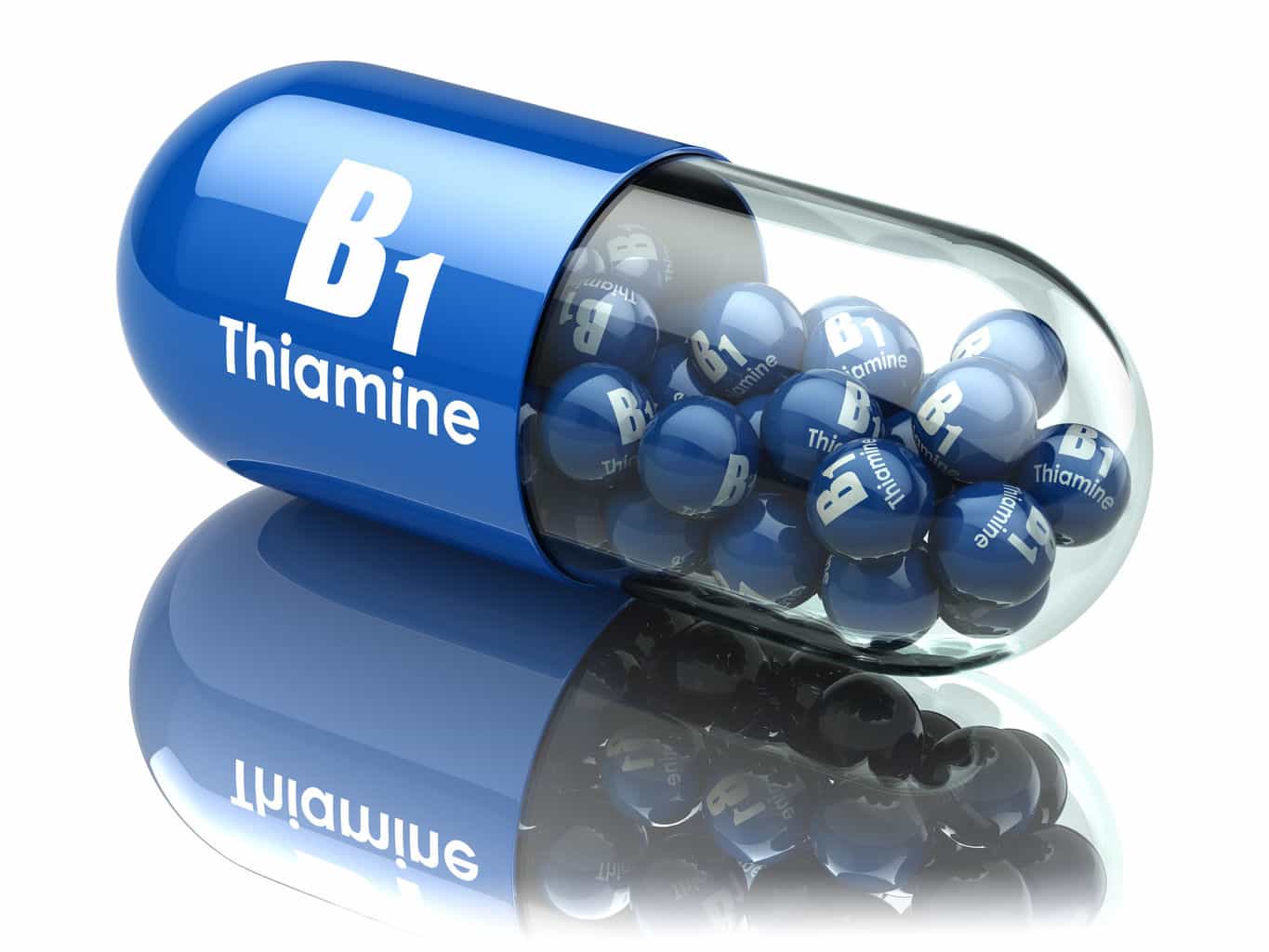
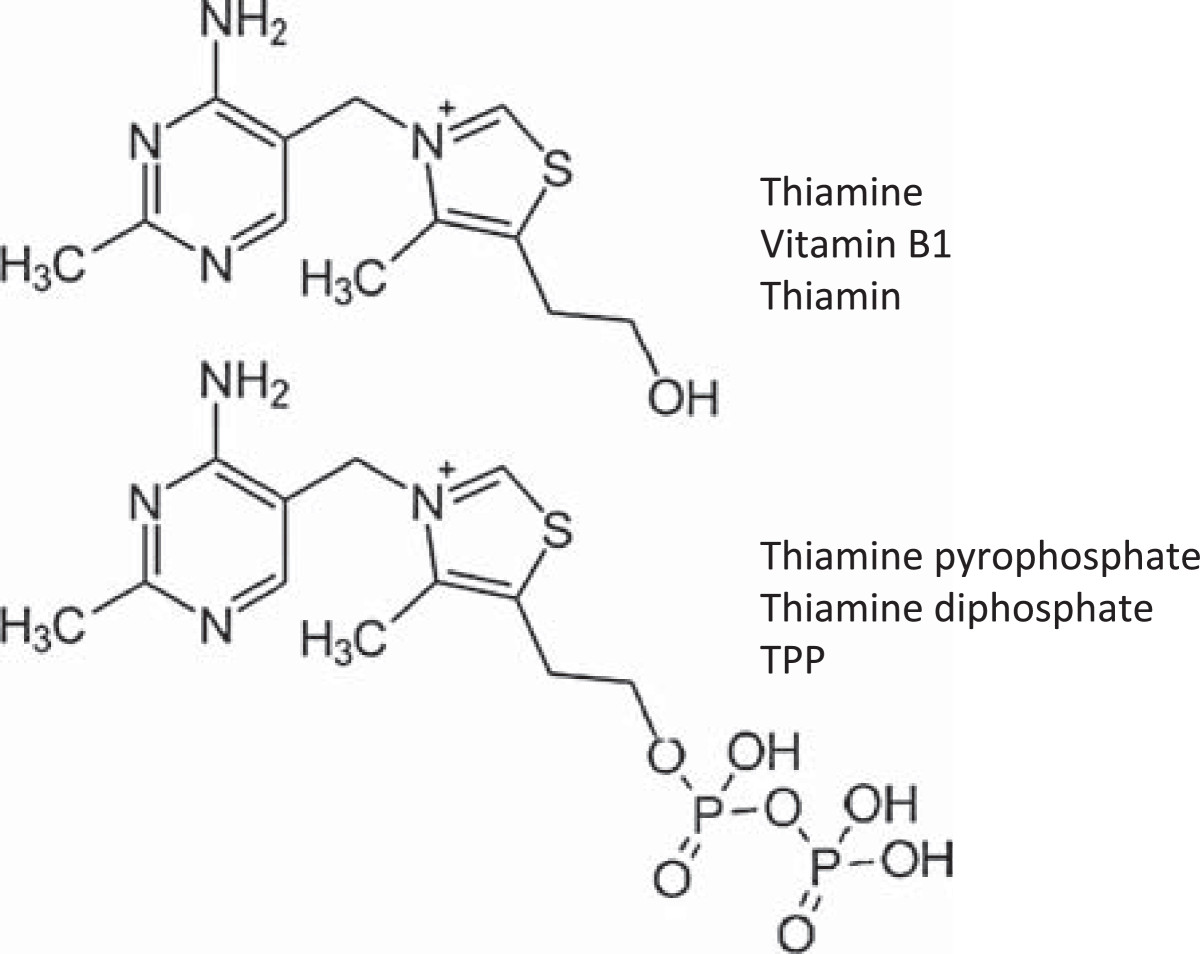
“Interestingly, at values above 75 times the RDI, no change was found in tumor cell proliferation”I can't find the study I was remembering, but I did find this article:

Thiamine may suppress cancer
Thiamine, vitamin B1, treats altitude sickness and even suppresses cancer tumors! There's a lot more to this B vitamin that we thought!www.dailymedicaldiscoveries.com
I found the article finally:
"In 2001, Comin-Anduix et al. evaluated the effect of increasing thiamine supplementation in multiples of the RDI on an Ehrlich ascites tumor-mouse model [58]. Their findings indicated a statistically significant stimulatory effect of thiamine supplementation on tumor growth compared to non-supplemented controls. Moderate doses of 12.5 to 37.5 times the RDI had the greatest stimulatory effect, peaking at approximately 250% greater tumor cell proliferation with 25 times the RDI. Interestingly, at values above 75 times the RDI, no change was found in tumor cell proliferation, and a slight decrease was found at 2,500 times the RDI. This observation suggests that there is a specific range in which thiamine supports proliferation."
Linking vitamin B1 with cancer cell metabolism - Cancer & Metabolism
The resurgence of interest in cancer metabolism has linked alterations in the regulation and exploitation of metabolic pathways with an anabolic phenotype that increases biomass production for the replication of new daughter cells. To support the increase in the metabolic rate of cancer cells, a...cancerandmetabolism.biomedcentral.com
RDI for thiamine: Vitamin B1 (Thiamine) - StatPearls - NCBI Bookshelf
"The recommended daily intake (RDI) for adults over age eighteen is 1.2 mg/day for men and 1.1 mg/day for women. For children, adequate intake levels are lower. Women of any age who are pregnant should increase their daily intake of thiamin to 1.4 mg/day."
yes. But that may not be enough for your needs, it could be though. Lots of variables.“Interestingly, at values above 75 times the RDI, no change was found in tumor cell proliferation”
“The recommended daily intake (RDI) for adults over age eighteen is 1.2 mg/day for men and 1.1 mg/day for women”
So 75 x 1.2 = 90
So by my calculations, if a person stays above 90mg thiamine, they are safe from the cancer effects. Did I work that out properly?